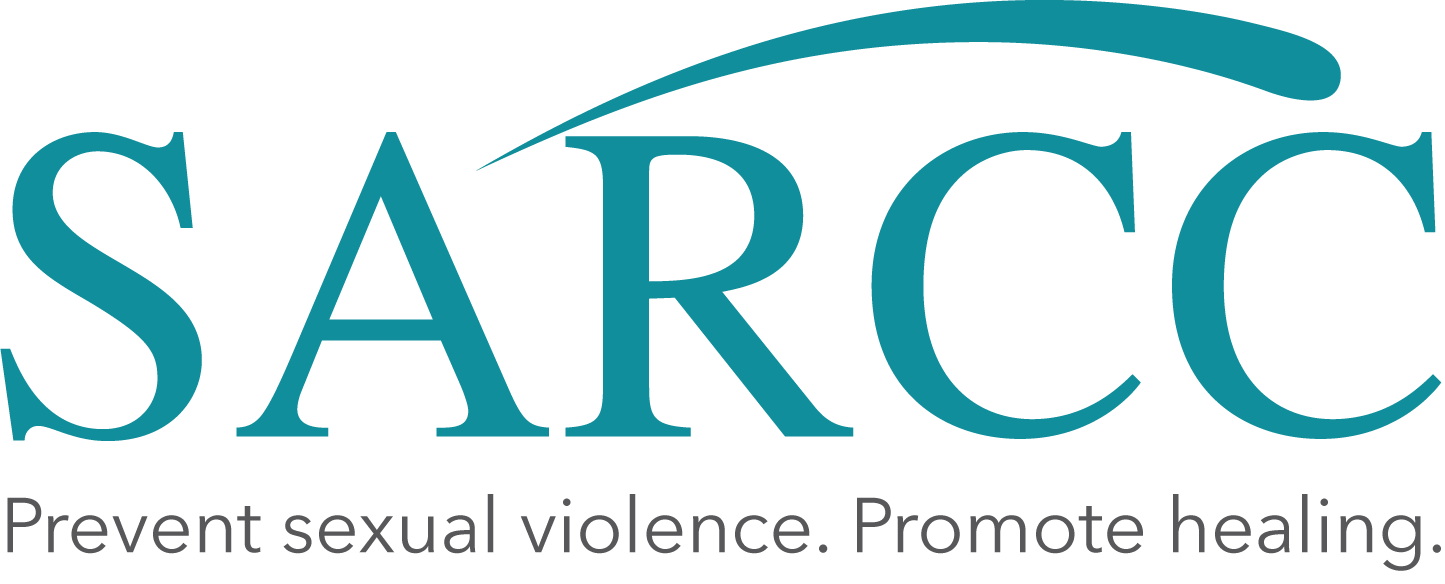When I think back to the romantic relationships I had in middle school and high school, I am flooded with feelings of nostalgia for the innocence of a teenage relationship and how much simpler everything seemed. Unfortunately, for 1 out of 3 teens, the experience is far darker. February is Teen Dating Violence Awareness Month, and my hope is that you spend this month, or at least the time it takes you to read this blog post thinking about how you can help ensure that the teens in our communities do not fall into that 33%.
What is Teen Dating Violence?
Teen dating violence is just what it sounds like. It is violence that takes place between teenagers who have identified that they are in a dating relationship. This kind of violence can include physical, emotional, sexual or verbal abuse, psychological aggression, or stalking. And while Teen Dating Violence does not discriminate and all of our teens are at risk, teens who identify as female or as part of the LBGTQ+ community experience this violence at a higher rate than teens who identify as male or heterosexual.
Additionally, Teen Dating Violence can have serious effects related to mental and behavioral health. According to the CDC, youth who are victims of teen dating violence are more likely to experience depression and anxiety symptoms, engage in unhealthy behaviors like tobacco, drug, and alcohol use, exhibit antisocial behaviors like lying, theft, bullying, or hitting, and contemplate or attempt suicide. (cdc.gov)
Teens experience dating violence at a higher rate than almost any other age group which could possibly be due to them being left behind in the provision of services or education. There are services for children of abuse and adults in domestic violence relationships, but the in-between tends to be inadequately addressed. And the fact that teens are susceptible to feelings of shame and embarrassment at the hands of their peers also means that teens are not likely to be discussing these topics among their friend groups.
What Can I Do to Help?
For Caregivers
Teen dating violence is preventable, and prevention starts at home. Don’t wait until -your teen is in their first romantic relationship to talk about healthy boundaries (online and in person!) and consent. Talk to them about what being in a relationship feels like—the (appropriate) good and the (inappropriate) bad. Have open and honest conversations about emotions and how to manage them. Your teen may not tell you everything, but at least by the time comes around that a crush becomes a relationship, they will know what to expect for themselves.
For Teens
The most important prevention begins within the culture. Within your friend groups and families, help to create a standard of communication and support. Check in with your friends about their relationships, and if something in your own relationship feels wrong or off, run your concerns past your friends (and tell a trusted adult if the issue is too big to handle on your own).
Some behaviors that seem like “normal” behavior among your peers—such as sharing nude photos—can have very serious and damaging consequences (legal and emotional). Talking about the impacts that these and other behaviors can have among your peers will help to prevent you and others from engaging in or falling victim to dating violence.
Resources
SARCC has multiple prevention education programs that are centered around teaching kids and teens about building a good foundation for healthy relationships. These programs cover topics such as consent, communication, and emotional regulation and are available in both Lebanon and Schuylkill Counties for free to schools and community partners.
SARCC Lebanon is also preparing to launch Rise Above Trauma, a trauma support group for teens that addresses more than just the trauma. More information can be found here.
If you or someone you love is in a relationship that appears to be toxic or abusive, say something, and know your resources. The National Domestic Violence Hotline is available 24/7 at 800-799-7233.
If the violence is sexual in nature, SARCC is available by hotline in both Lebanon and Schuylkill Counties 24/7 at 717-272-5308 (Lebanon) and 570-628-2965 (Schuylkill). A list of Sexual Assault Service Centers in Pennsylvania can be found here. For more information on teen dating violence, visit www.loveisrespect.org or contact your local domestic violence or sexual assault center for options for prevention programming


